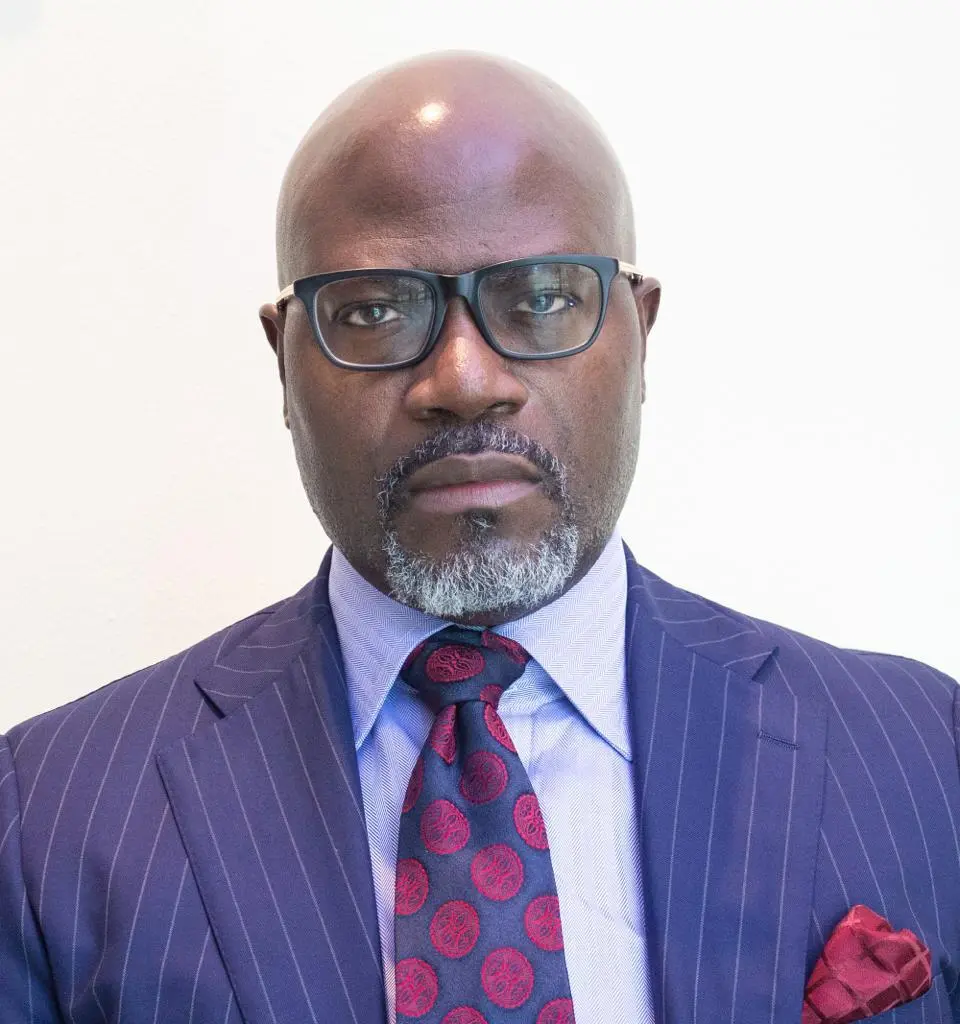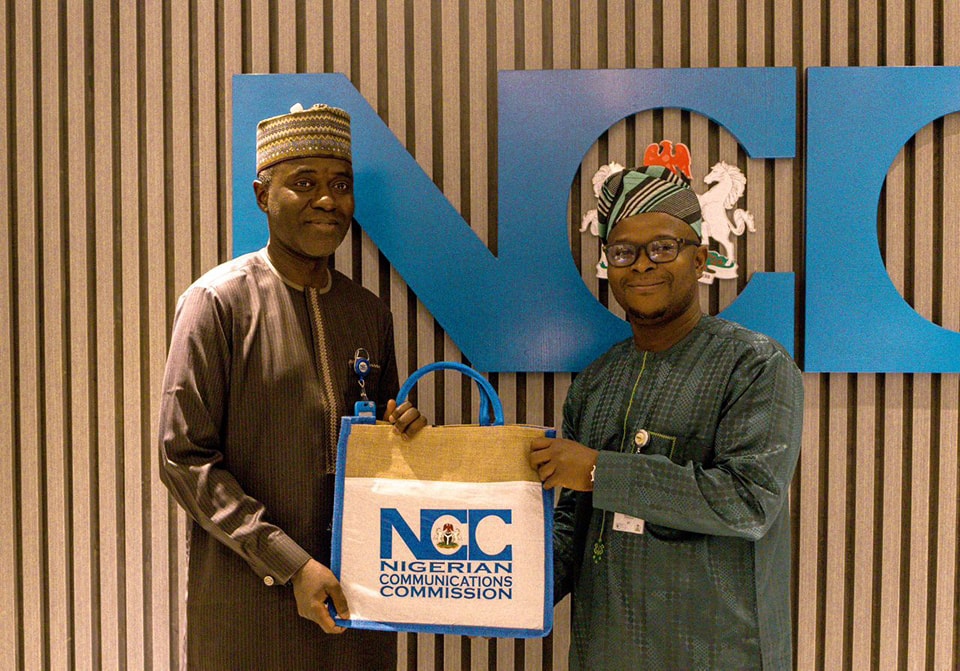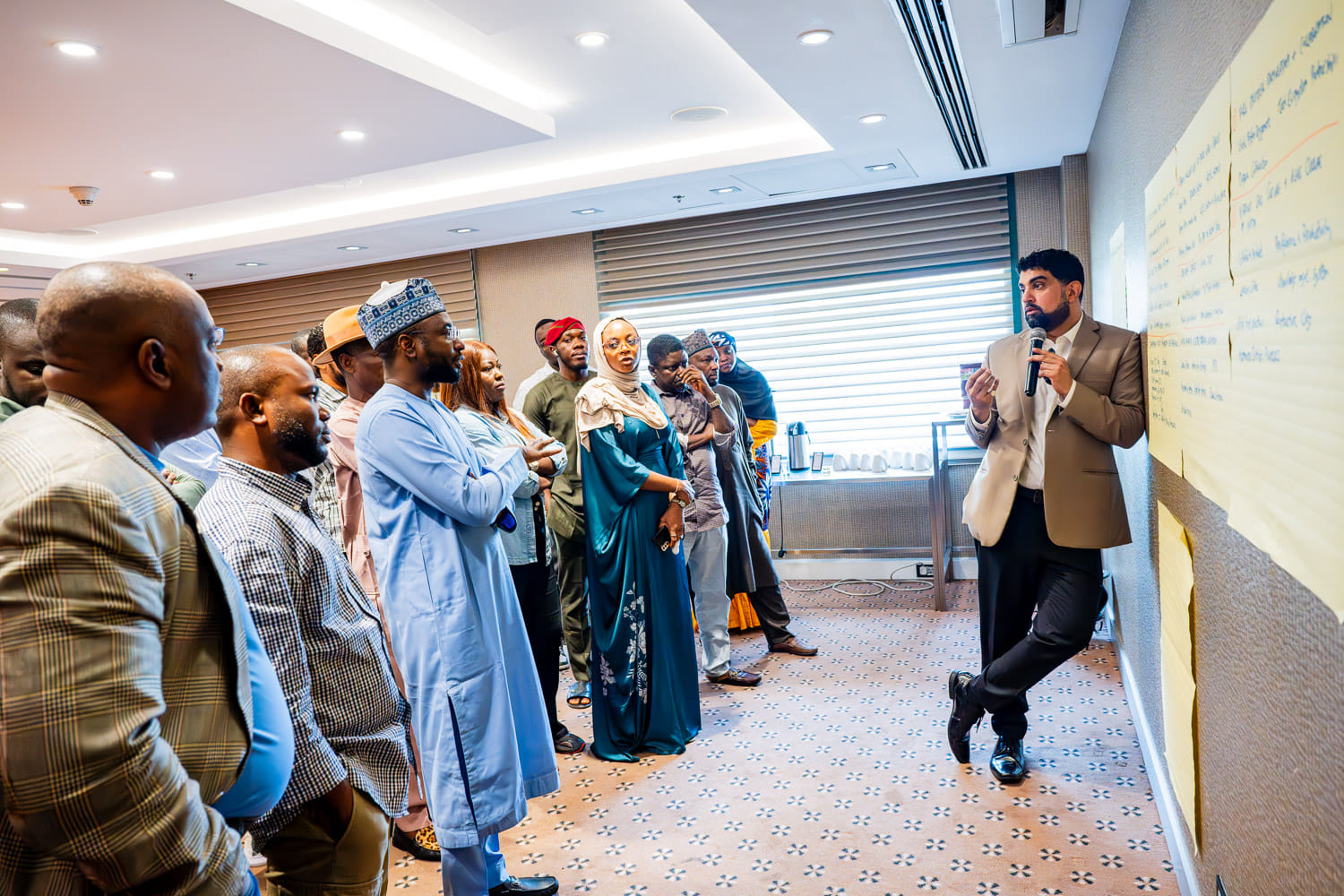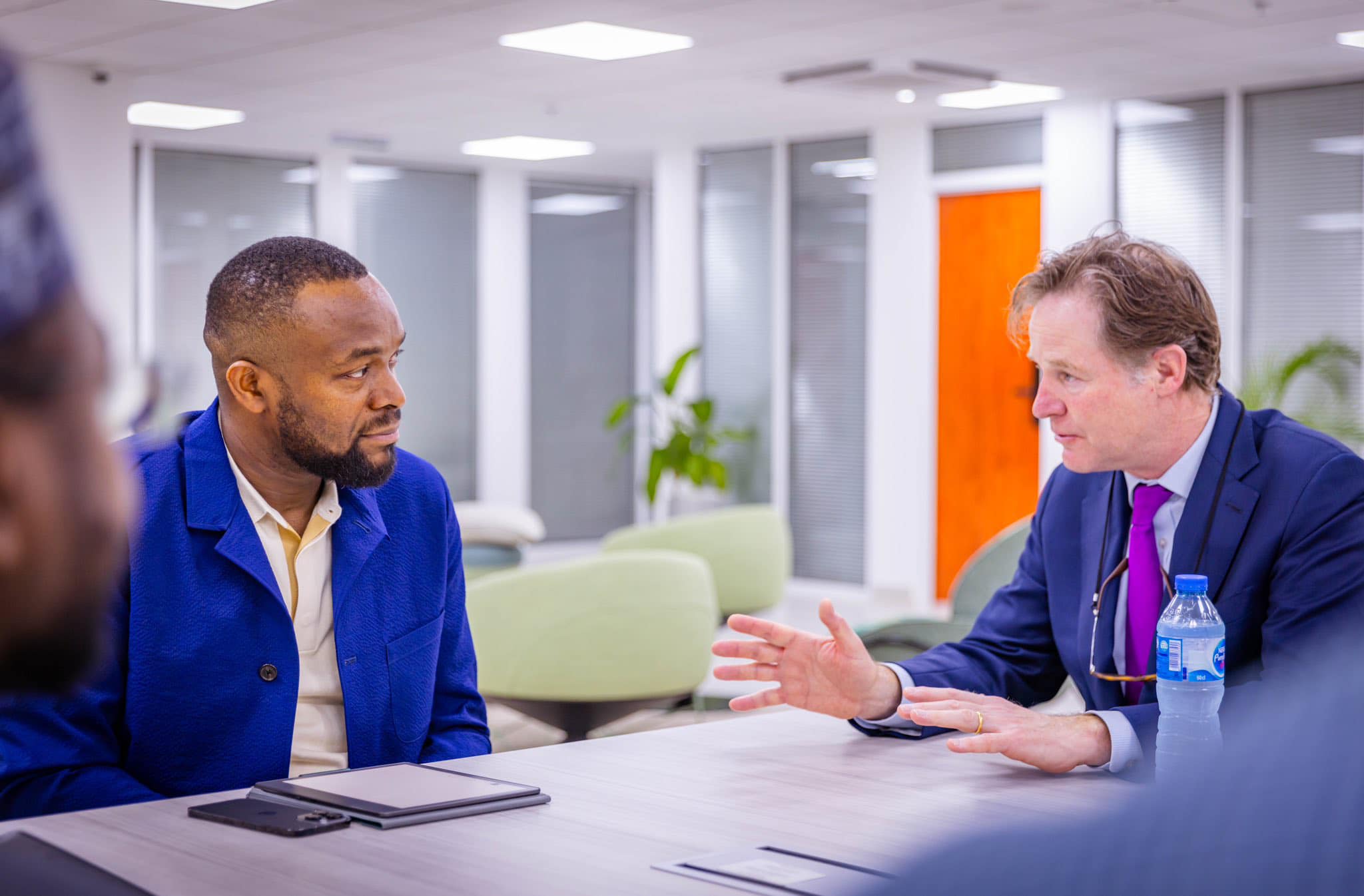Over the past three years, local and global headwinds reshaped spaces for the present, and future, of work. South African businesses are still grappling with the challenges and opportunities inherent to workplace strategy and space optimisation. If 2022 brought people back to the office, 2023 will be about persuading them to stay, says Adrian Davidson, the South African recently appointed as Head of Design at Tétris Design and Build for Europe, Middle East & Africa (EMEA).
Tétris Design and Build has responded to the state of play in the commercial property sector by pushing design excellence from a technical, creative, and strategic point of view. At its core, design is about experience with purpose. And how we experience design has never been more important. That’s because the new systems of work, whether remote or hybrid, are entirely trust-based. Design is shaped not only by the hand of its creator as an architect or designer, but heavily impacted by circumstances. We need only to look at buildings and cities throughout history to understand that they’re a language on their own that reflect what was going on in society at the time, whether politically, socially, economically, or technologically; and that the architects and designers consciously or unconsciously responded to that.
Fragmented physical spaces and converged digital spaces
It may be 2023, but the 20th century still looms large. The way we designed organisations, and the way we managed ourselves and our work is exactly how a factory is managed; from the top down with production lines and separate departments. The industrial era dictated the way we arranged buildings, cities, office space, and work. Back in that analogue world, we didn’t have the tools to manage real complexity. Fast forward to today, and complex tasks are completed in nanoseconds by computers. Add a global pandemic to the mix, and the change that was already being driven by technology accelerated.
For the first time in human history, millions of people were sent home to work and got the job done. We converged digitally as the physical space of the office fragmented. But just as people got used to this, the trust factor started to waver. Apple told their staff to come in three days a week, Morgan Stanley asked everyone to return to their desks, while Elon Musk gave Twitter employees the full-time return to the office ultimatum late last year. There’s now a debate in many companies across the globe with questions about how to get people back in the office. Does it still make sense for employees to work remotely? Is hybrid worthy of the hype? How many days in the office is optimal? What Tétris Design and Build say to our client in response is that you can’t bring your staff back to the same office they left nearly three years ago.
More value per square metre
Office space can get smaller. This is good news for organisations looking to save money on real estate by having a smaller footprint. If the key priority is having dynamic spaces where employees can interact with their in-office and remote colleagues, then office space should offer a richer, higher-quality experience and more value per square metre.
Hybrid work isn’t about mandating two or three days in the office. It’s about creating an environment that supports the need to get whatever job or task that’s required done. The hybrid model is about nurturing the creativity that requires people to get together with the need people have for undisturbed focused work.
The office has multiple reasons for being. Connectivity and creativity are foremost, but the office is still important because it’s the vehicle that creates company culture. It’s vital that people interact with their colleagues, connect with them, and feel a sense of belonging and purpose.
The town square of the future
Roman piazzas, village town squares and ancient cathedrals all tell a story about how we arranged ourselves to interact. The modern office is not unlike a town square in that functions as a place where people can meet, collaborate, create, and build trust and culture. Getting the work done is the easy part of the equation. We have all the digital tools at our disposal to solve the technical part of getting our jobs done. The physical space is the part we now have to work really hard to solve. And that physical space is the one that has to create and support the organisational effort and structure that encourages people to collaborate to create a culture.
Creating this space is particularly challenging when companies are competing for highly skilled people who have a choice of top employers. Companies need to draw people in and give them good reason and desire to want to meet and collaborate with their colleagues because it’s professionally fulfilling and because they gain tremendous value from the experience.
Resilience and innovation
Hybrid work today is really a tale of cities. Some organisations have fully embraced hybrid work while others remain undecided. Companies are rightly trying to navigate this path in a way that works for them because there’s no one-size-fits-all approach for everybody and no winning formula that can be applied across the board. But how organisations arrange and organise themselves is also a question of how they become more resilient and more innovative.
Ends.
Images
- Adrian Davidson, Head of Design at Tétris Design and Build for Europe, Middle East & Africa (EMEA).
- Tétris Design and Build Project images – related to the text above
About Tétris Design & Build
Tétris Design & Build is a leading design and build company with global reach, that creates environments that are beautiful, functional, inspirational and sustainable. They deliver services to businesses of all sizes on projects in the office, retail and hotel sectors, among others, counting many of the world’s most iconic brands as clients. Their offices span 35 cities in 18 countries, and their work draws on the energy, creativity and skill of a global team with deep local expertise, uniquely positioning us to help international and national businesses adapt their projects to local cultures and needs.

















